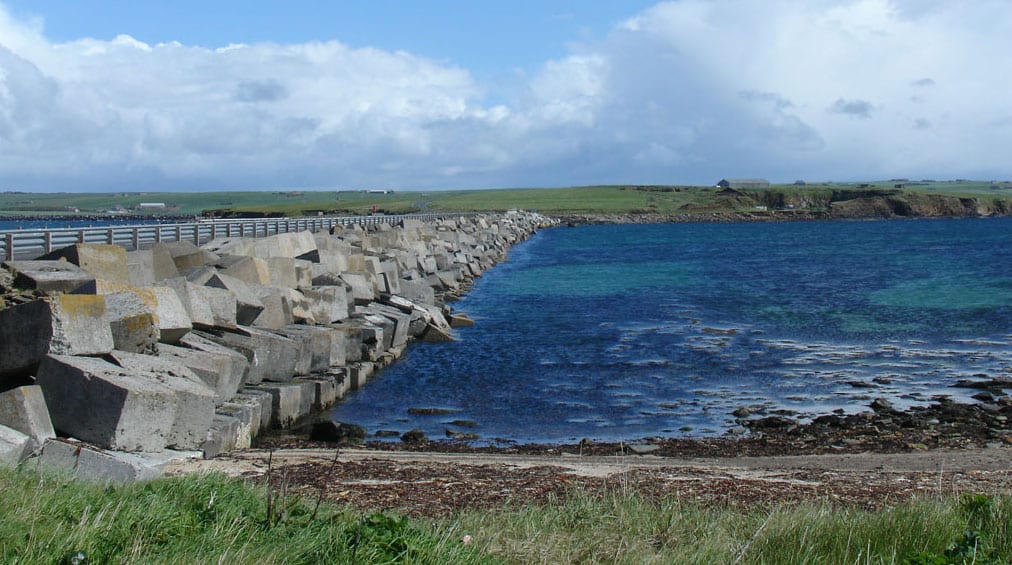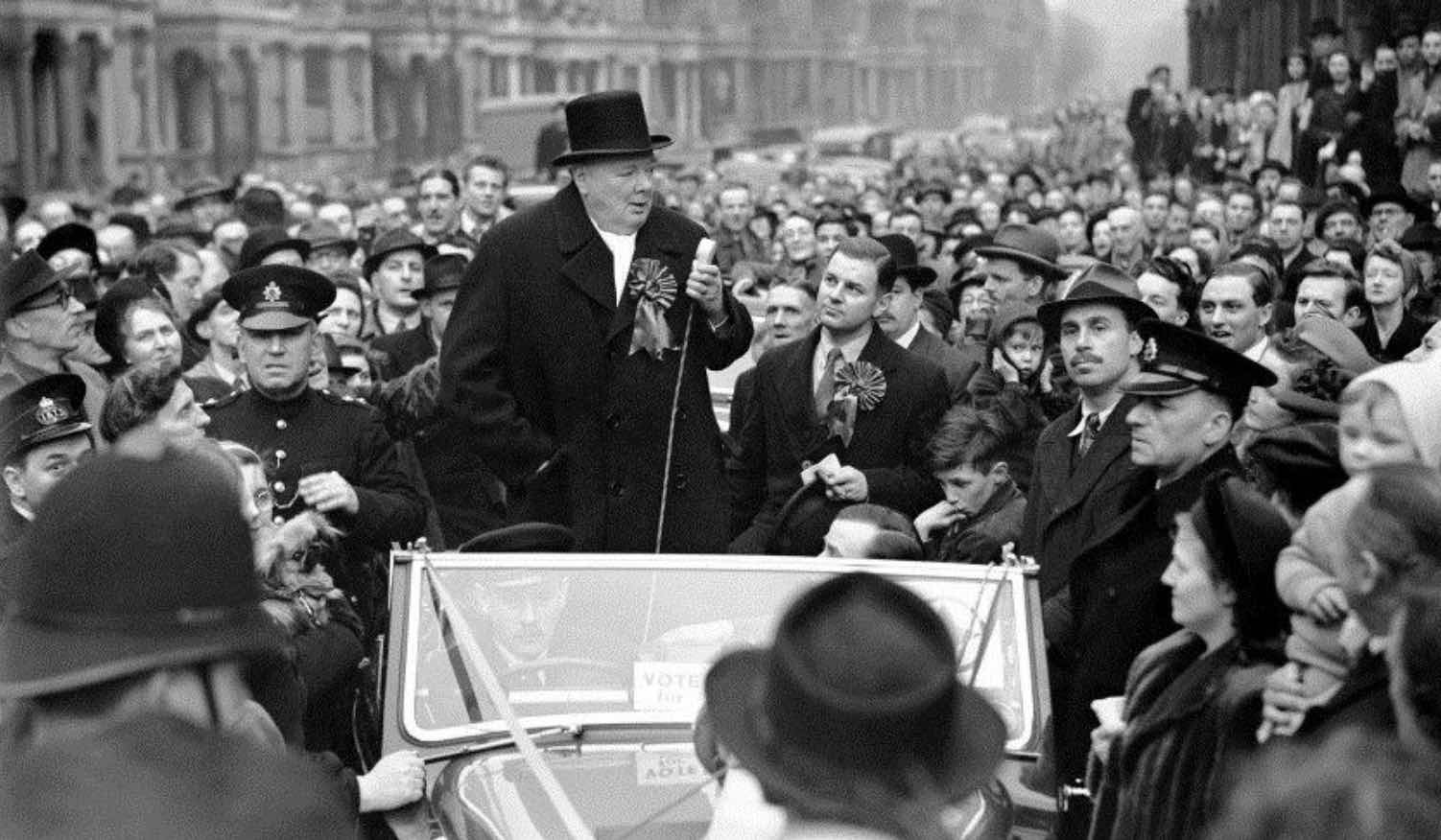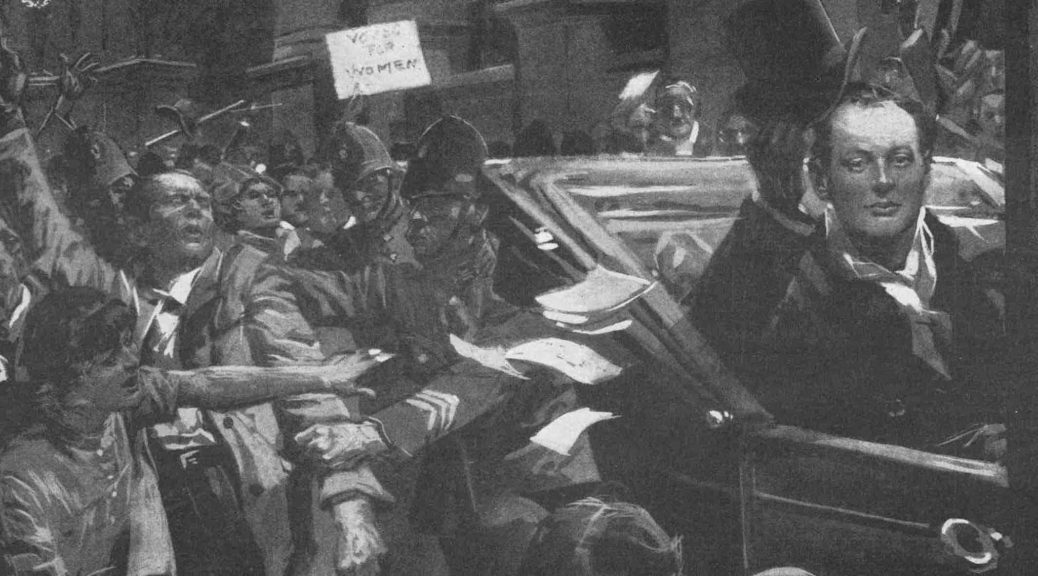
“Churchill’s Britain”: Good Try, But More is Needed
Peter Clark, Churchill’s Britain: From the Antrim Coast to the Isle of Wight. London: Haus Publishing, 2020, 240 pp., no illustrations, $29.95, Amazon $27.48, Kindle $22.49. Excerpted from a review for the Hillsdale College Churchill Project. To read the original, click here.
N.B. March 2021: The original post contains author Clark’s response, which is about the most cordial reply to a grumpy review I’ve ever read. He kindly takes heed of my criticisms and says he will attend to them in the paperback in due course. RML
Churchill’s Britain abridgedI did want to like this book.…









